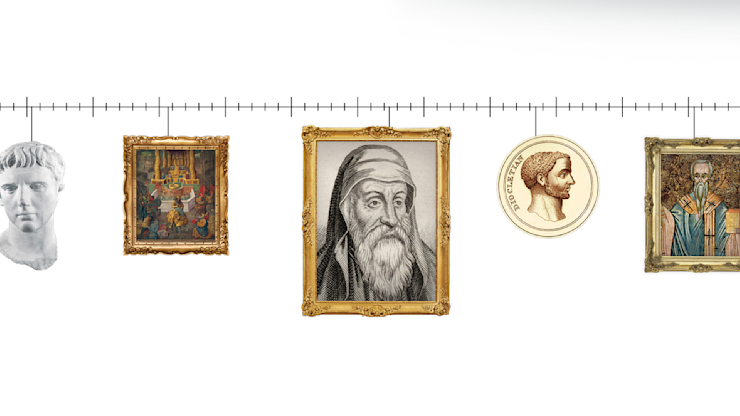How Did Protestants Think About the Church After the Reformation?

2 Min Read
Up until the Reformation there was only one institutional church in the West. What did Protestants believe after the Reformation, when various denominations began to arise? W. Robert Godfrey answers this question in this brief clip from his teaching series A Survey of Church History. Watch this entire message for free.
Transcript
Up until the Reformation, by and large, certainly in the West, there had been one united institutional church. It didn't mean everybody agreed about everything, but at least, theoretically, the institution of the church was united. Now, the institution of the church is divided. There's still, of course, the Roman Catholic church, and there are the Lutheran churches, and there are the Reformed churches, including the Presbyterians in Scotland, but there are also growing other groups, particularly the Anabaptists in the sixteenth century, but over time other groups, as well. What does this mean for the way in which Christians think about the church? In the sixteenth century, when Christians thought about the church, and as the church began to divide, Christians basically thought in terms of the true church and the false church; and what that meant, of course, is, mine is the true church, and yours is the false church. And when the struggle seemed just to be between the Roman Catholic Church and the Protestant Church, that two fold division seemed to make sense.
But did the Reformed really want to say the Lutherans were a false church? See, there is pressure now to begin to think, how do we process this, how do we account for this, are there different ways of understanding the unity of the church, the dividedness of the church? This will eventually lead to what today we think of as "denominational thinking." We take denominations so for granted, we hardly think about it. Particularly, for Protestants that's the way we’re sort of conditioned to think in America. I’m Dutch Reformed, you're a Presbyterian, you're a Baptist; I know my church is a little bit better than all of yours, but I don't want to say you’re part of a false church, so we begin to talk about pure and less pure churches. And we begin to say, "Well, the true church of Jesus Christ can exist in different institutional forms," and that's a revolution in thinking; it's hard for us to appreciate that, because we’re so accustomed to it, it's a revolution in thinking.